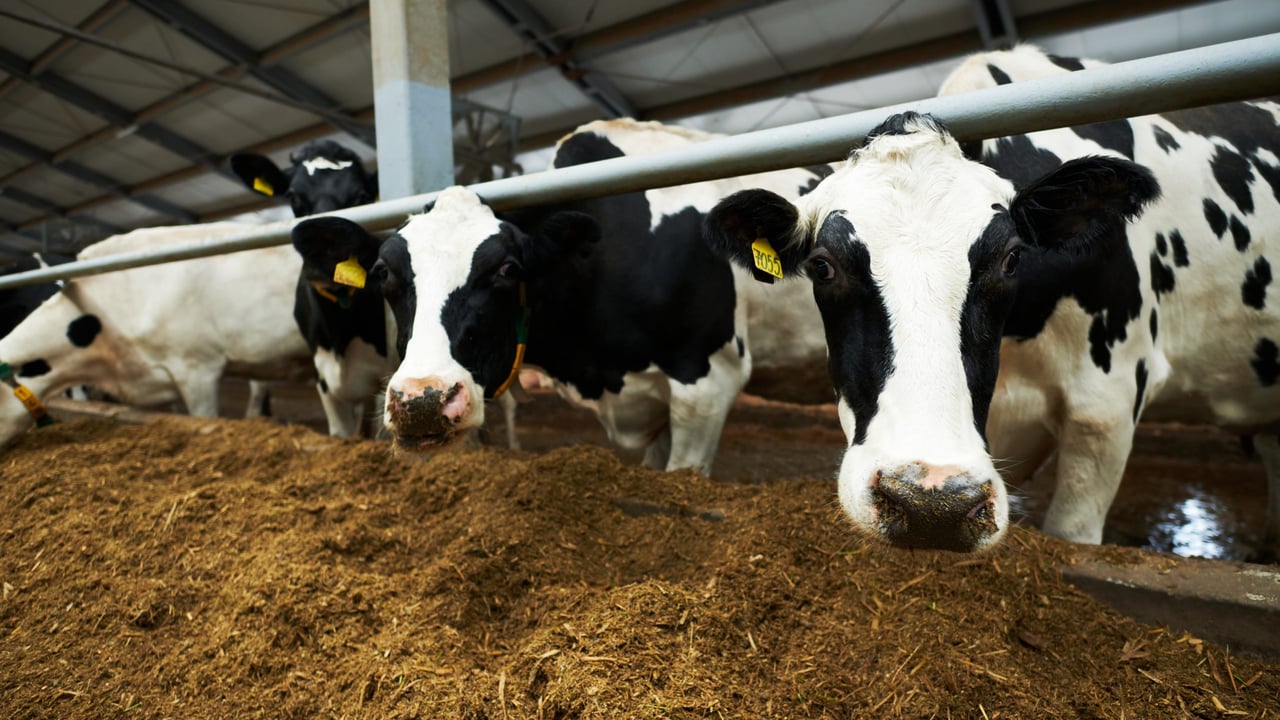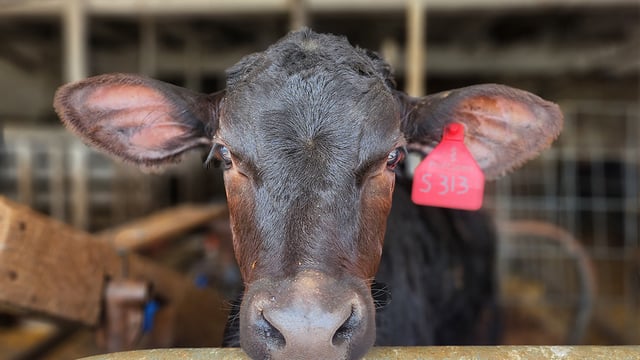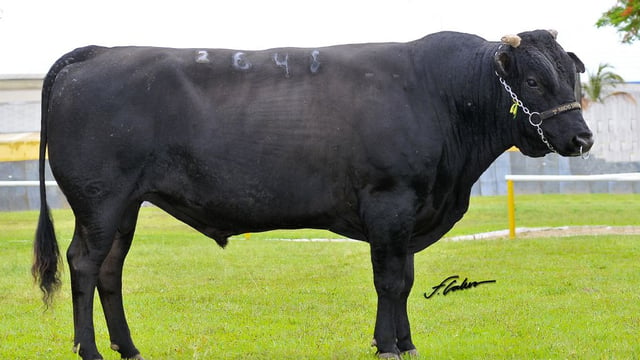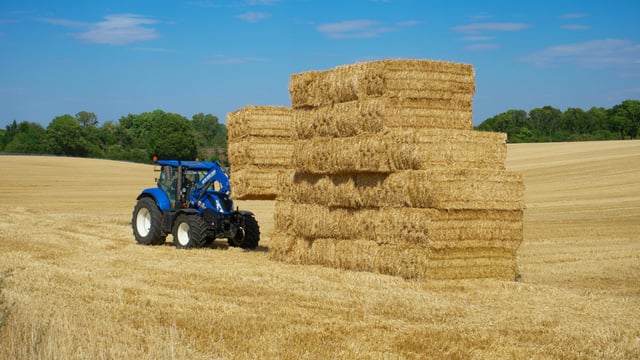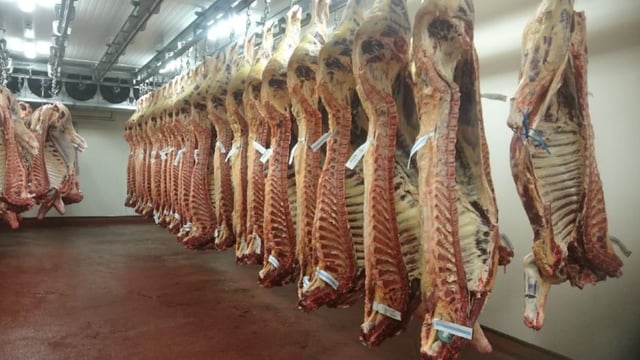Trial: Feed by-products can be used to boost early lactation milk yields
Agri-Food and Biosciences Institute (AFBI) scientists have confirmed the role of feed by-products in boosting early lactation milk yields in new research.
Their work has also shown that the use of these alternative feeds reduces the carbon footprint, when soyabean meal is excluded from rations.
There are growing ethical issues arising for the inclusion of soya in animal diets.
AFBI's work specifically looked at the impact on cow performance when human edible feeds, including wheat and maize, were replaced with the likes of sugar beet pulp and wheat feed.
Alternative protein sources specified for the rations included rapeseed meal.
Trial on milk yields
The experiment involved 88 autumn-calving cows with performance examined from calving through to 150 days-in-milk.
Cows were offered a mixture of grass silage and concentrates with four types of concentrate being offered.
The treatments included: high human-edible concentrate, comprising cereals and soyabean meal; concentrate with no soyabean meal; concentrate with no cereal; and concentrate with no cereals or soyabean meal.
The cereal component of the concentrate was replaced with by-product ingredients, which included sugar beet pulp and wheat feed, while soyabean meal was replaced with feed ingredients like rapeseed meal, distillers' grains and maize gluten.
All four concentrates were formulated to have a metabolisable energy of 12.4 MJ/kg on a dry matter basis and a crude protein level of 155g/kg, again on a dry matter basis.
Results
The results of the trial indicate that replacing the cereal and soyabean meal component of concentrates with by-product ingredients leads to a decrease in the human-edible fraction of the concentrate.
E.g., the concentrate based on cereal grains and soyabean meal had a human-edible fraction of 51%, while removing both cereals and soyabean meal produced a concentrate with a human-edible fraction of 18%.
Meanwhile, removing cereals from the concentrate had a greater impact on human-edible fraction (25%) than removing soyabean meal (42%).
Significantly, cows offered concentrates with a reduced human-edible fraction had a higher total feed intake, energy corrected milk yield and fat plus protein yield.
In addition, cows offered the low human-edible concentrate treatments also tended to have a higher Margin Over Concentrate (MOC) value than cows offered the high human-edible concentrate.
Reducing the human-edible fraction of the concentrate also reduced the carbon footprint, particularly when the soyabean meal portion was replaced with by-product ingredients, according to the research.
According to the AFBI scientists involved in the ‘alternative concentrate trial’, the performance of early lactation cows can be enhanced through the use of concentrates formulated with low levels of human-edible ingredients.
Notably, removing soyabean meal from these diets not only improved milk yield but also significantly reduced the carbon footprint: highlighting a promising pathway toward more sustainable dairy production.

